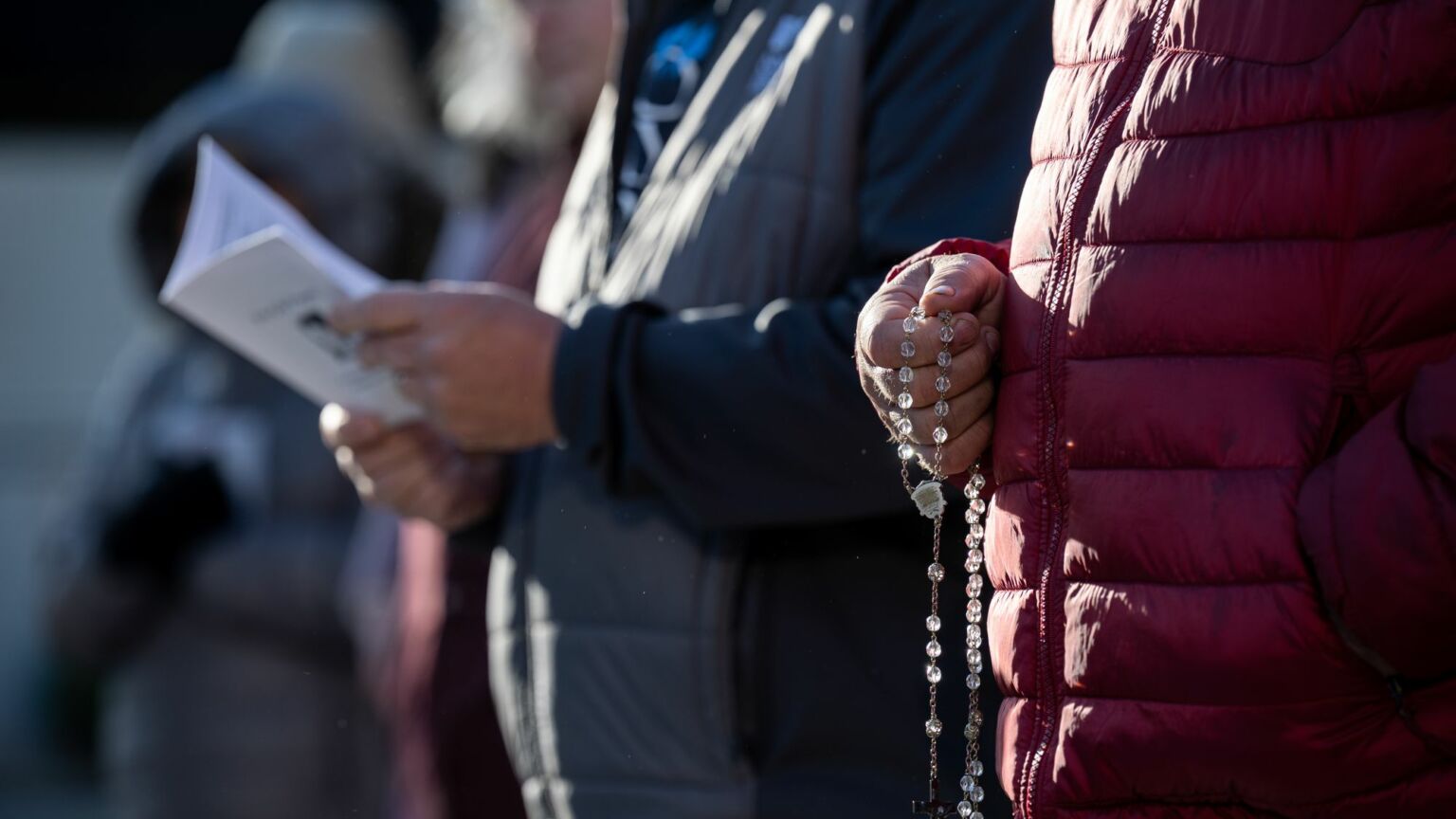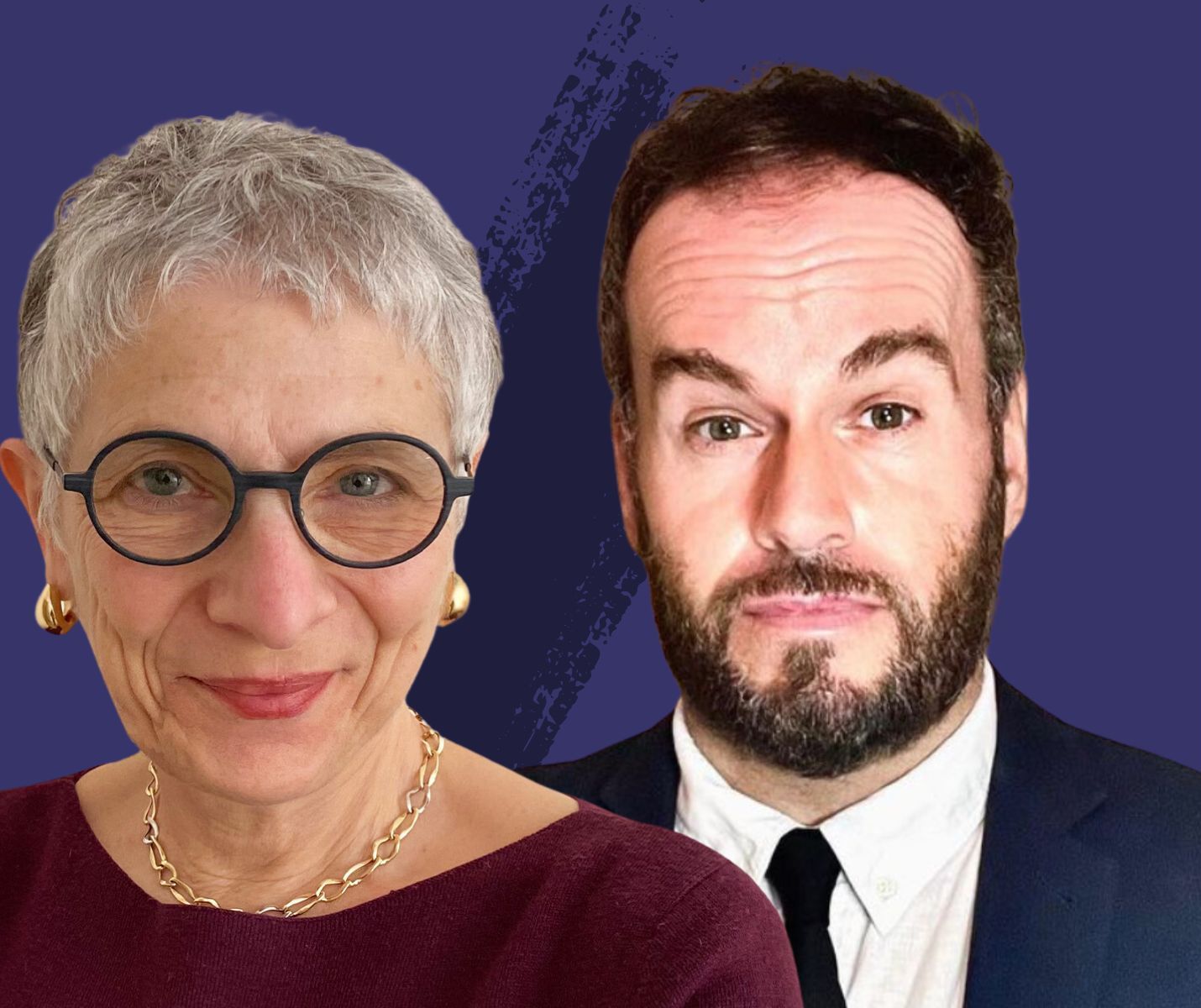Scotland’s buffer zones are an affront to freedom
New restrictions outside abortion clinics will criminalise everything from offers of charity to silent prayer.

Want to read spiked ad-free? Become a spiked supporter.
A bill proposing the most extreme censorship zones in the world near abortion clinics has just been approved by the Scottish parliament. Earlier this month, MSPs in Holyrood overwhelmingly passed the Abortion Services (Safe Access Zones) (Scotland) Bill, which will create so-called safe zones of a minimum of 200 metres around any facility that performs abortions. The bill is still awaiting royal assent.
There will be no limit on the size of the buffer zone that can be created under this power. Within these zones, it will be illegal to influence a person regarding their decision ‘to access… the provision of abortion’ in an abortion clinic or a hospital. These provisions would make offering help to women seeking an abortion illegal within a buffer zone, and could potentially even criminalise the act of silently praying.
The bill’s provisions even bizarrely apply to ‘residential buildings’ within the buffer zone, meaning that it could be illegal for private homes to display pro-life signs or symbols from within their own windows, at risk of a £10,000 fine.
In England, we have already seen the consequences of restrictive buffer zones. In 2022, charity volunteer Isabel Vaughan-Spruce was arrested for praying in her head across the street from a closed abortion clinic in Birmingham. There could be many more like Isabel persecuted in Scotland once this bill comes into force.
Regardless of your stance on abortion, this law is blatantly disproportionate. A 2018 UK government review by then home secretary Sajid Javid found that genuine harassment outside abortion clinics is actually incredibly rare and that existing laws already prohibit harassment and violence. These new restrictions do not even simply outlaw protesters, but also groups and individuals offering charity. It’s no secret that many women feel they may not be able to continue a pregnancy due to financial or emotional struggles. A recent survey found that six in 10 UK women cited childcare costs as a major reason for having undergone an abortion. But these laws now define anyone offering such women charity or advice in certain ‘zones’ as intimidating criminals. Surely this removes, rather than facilitates, women’s choice?
This law does not just seek to restrict the political realm, but also the personal one. Imagine the example of a mother who tries to dissuade her own daughter – who she no doubt knows better than the state does – from going into the clinic for an abortion. Maybe she thinks her daughter will regret the decision or is offering help that could influence whether she continues with the pregnancy. Either way, that mother could be guilty of a criminal offence under the new Scottish law.
Given their authoritarian nature, is it any surprise that these ‘safe zones’, as with many of the SNP’s illiberal schemes, are opposed by the public? A 2021 poll shows that only 30 per cent of adult Scots back the introduction of nationwide buffer zones around abortion clinics. The supporters of this campaign cannot provide evidence that these constraints would be proportionate, necessary or justifiable.
Meanwhile, these ‘safe zones’ could have dire implications for wider Scottish liberties. If influencing an abortion is deemed ‘unsafe’ within a certain geographical radius, how long before it is deemed a thoughtcrime nationwide? How long will it be before other contentious issues become illegal to discuss within certain ‘safe zones’? This law will set a chilling precedent.
The bill is part of a lamentable decades-long trend. Constant demands are now made for controversial political issues to be translated into questions of law for the courts. Contentious views are criminalised as hate speech. Issues like abortion ought to be matters of personal discretion or genuine political debate.
Scotland’s new buffer-zone law is certainly not going to change anyone’s mind about abortion. Outlawing the expression of specific views rarely does. It will only undermine democratic debate. That is hardly a ‘pro-choice’ position.
Georgia Gilholy is a freelance journalist and media consultant.

Melanie Phillips and Brendan O’Neill – live and in conversation
Wednesday 26 June – 8pm to 9pm BST
This is a free event, exclusively for spiked supporters.
Picture by: Getty.
Who funds spiked? You do
We are funded by you. And in this era of cancel culture and advertiser boycotts, we rely on your donations more than ever. Seventy per cent of our revenue comes from our readers’ donations – the vast majority giving just £5 per month. If you make a regular donation – of £5 a month or £50 a year – you can become a and enjoy:
–Ad-free reading
–Exclusive events
–Access to our comments section
It’s the best way to keep spiked going – and growing. Thank you!







Comments
Want to join the conversation?
Only spiked supporters and patrons, who donate regularly to us, can comment on our articles.